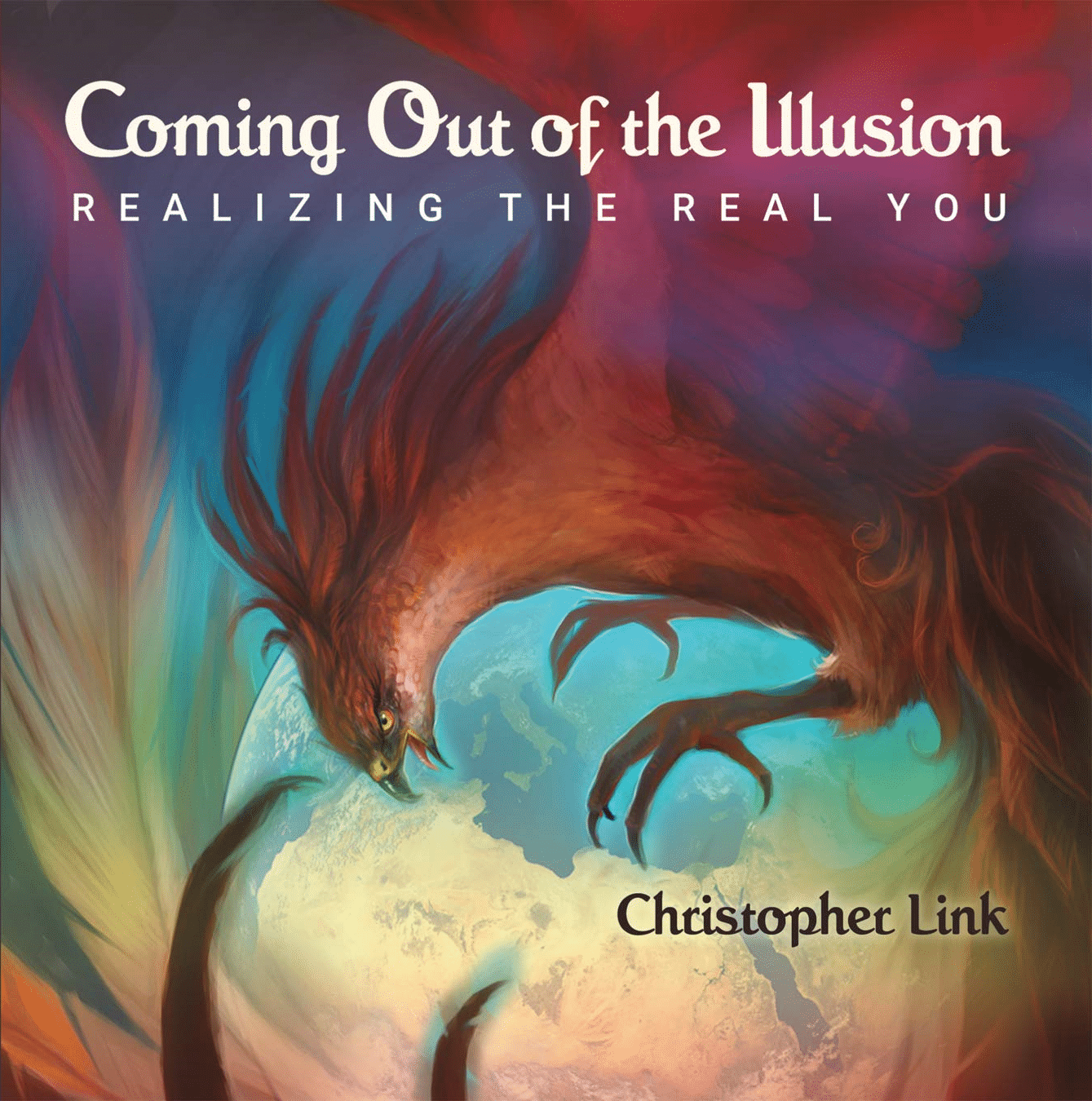In his thought-provoking book, “Coming Out of the Illusion: Realizing the Real You,” Christopher Link takes readers on a journey of self-discovery and personal growth. Drawing from his experiences of growing up in foster homes from the age of four to eighteen, Link shares his insights on how to overcome life’s challenges and find one’s true purpose.

Photo Courtesy: Christopher Link
The book begins by acknowledging that everyone, at some point, has wondered if there is “something more” to existence. Link suggests that this feeling stems from the collective third-dimensional consciousness that permeates our world, characterized by violence, domination, hate, and survival struggles. He argues that these negative aspects are no longer necessary as we evolve as a species.
Throughout the book, Link poses critical questions that encourage readers to reflect on their lives and the world around them. He asks, “What is the true reality?”, “How can we better ourselves?” and “How do we awaken to and find our true self again?” By exploring these questions, Link guides readers on a path of self-realization, helping them to break through the false reality they have created and rediscover the love, joy, grace, morals, compassion, and unity that lie at the core of our existence.
Link’s writing style is engaging and accessible, making complex concepts easy to understand and apply to one’s life. He provides practical tools and exercises that readers can use to deepen their self-awareness and cultivate a more authentic existence. The book is divided into chapters that explore various aspects of personal development, such as energy, health, well-being, love, and passion. Each chapter delves into these themes, providing readers with a comprehensive understanding of how these elements contribute to overall self-realization.
One of the most striking aspects of Link’s writing is his emphasis on resilience and perseverance. He stresses that no matter how difficult one’s life experiences may have been, they do not have to define who we are or who we become. Instead, he encourages readers to view challenges as opportunities for growth and to stand taller each time they are knocked down until their foundation is unbreakable.
Link’s personal story of overcoming the obstacles he faced while growing up in foster care adds authenticity and relatability to his message. By sharing his struggles and triumphs, he demonstrates that it is possible to break free from the illusions that hold us back and find our true purpose. His vulnerability creates a sense of connection with readers, making them feel understood and supported on their own journeys.
Throughout the book, Link’s wisdom, compassion, and insight shine through, making “Coming Out of the Illusion” a powerful tool for personal transformation. He encourages readers to embrace their inner light and create a life of purpose, meaning, and joy, reminding them that they have the power to shape their own reality and break free from the limitations of their past.
One of the unique features of the book is the inclusion of questions at the end of each chapter. These questions are designed to help readers reflect on the material covered and apply the lessons learned to their lives. By engaging with these questions, readers can deepen their understanding of themselves and gain clarity on their path forward.
Ready to discover your true self and overcome life’s challenges? Get your copy of “Coming Out of the Illusion: Realizing the Real You” by Christopher Link on Amazon today and start your transformative journey of self-discovery!
Published by: Holy Minoza













